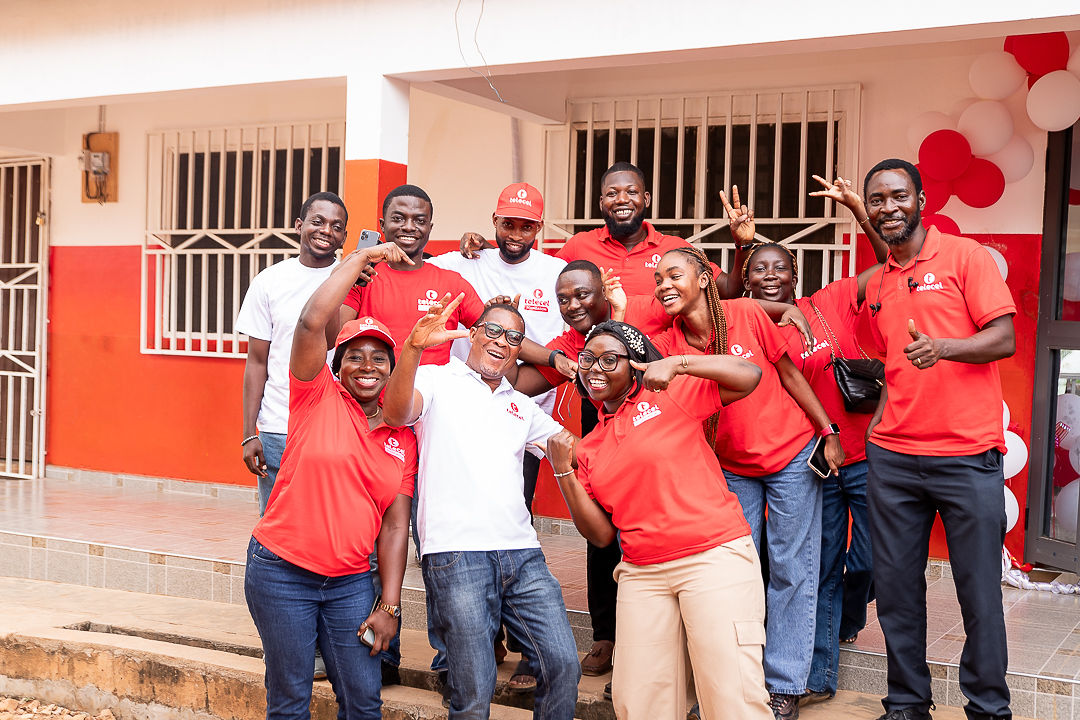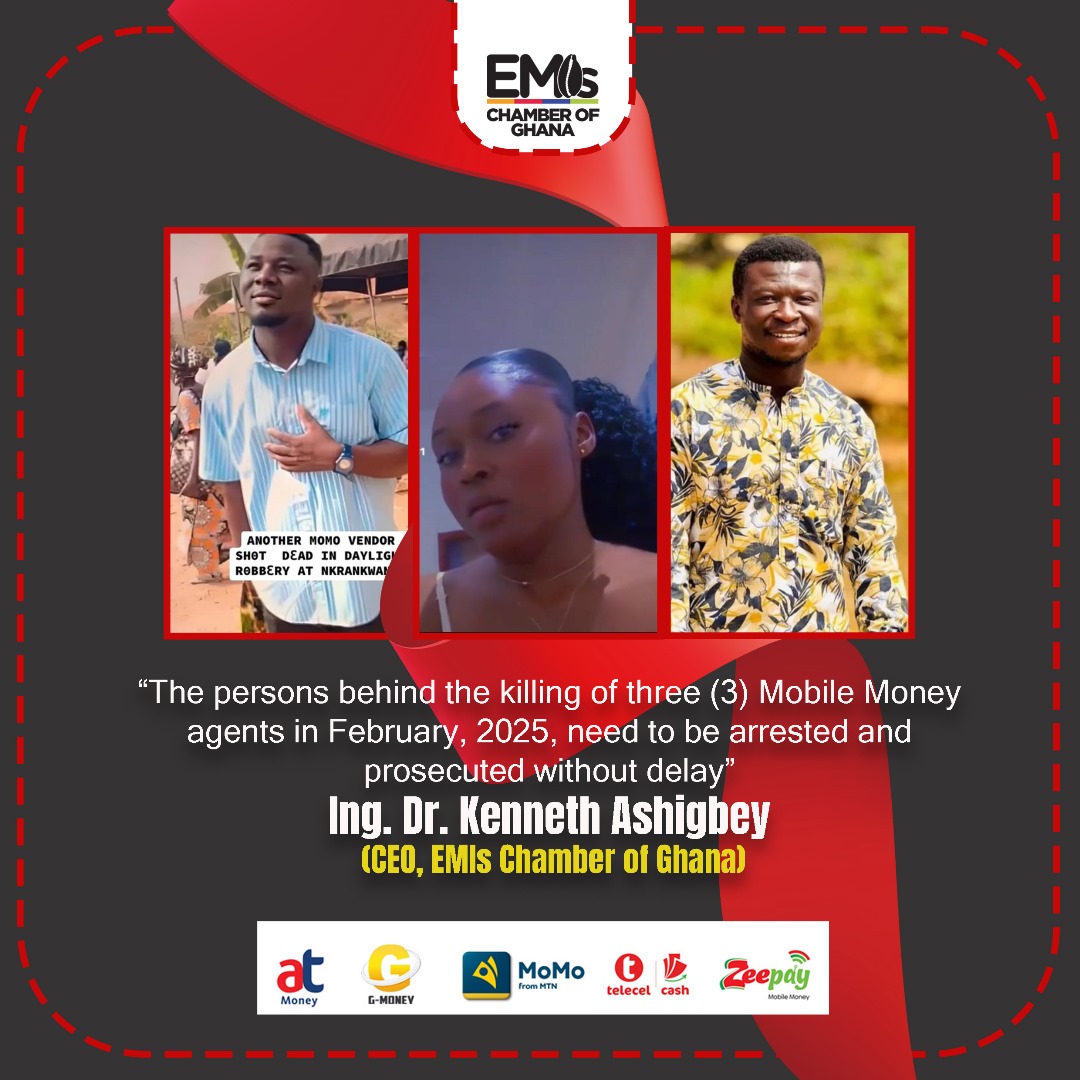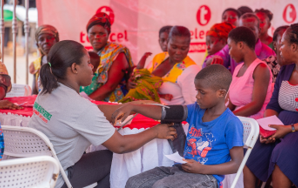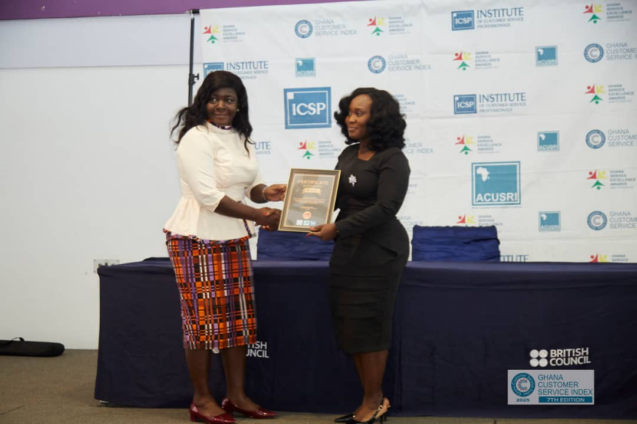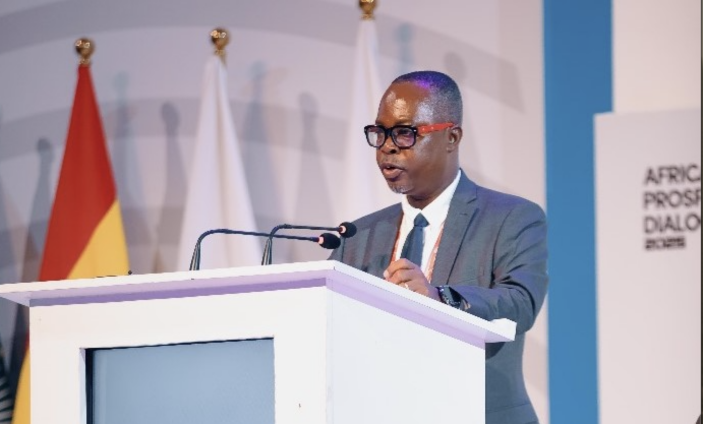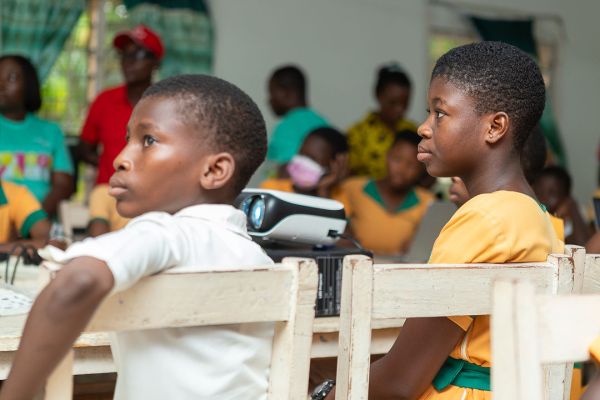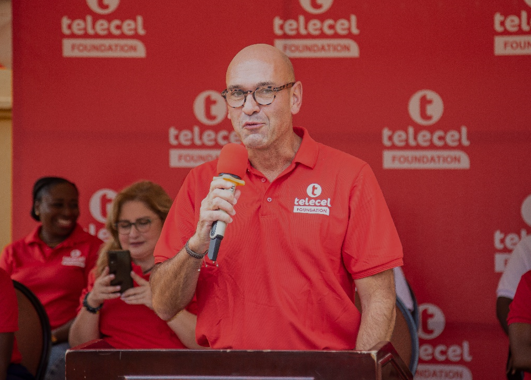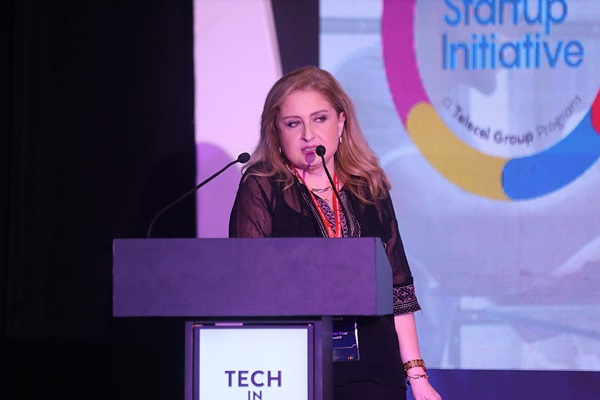Each year, Telecel Ghana employees from across functions collaborate to pitch their
passion humanitarian projects for possible selection as part of Red Hearts – the telco’s
Employee Volunteering Programme (EVP).
From improving local schools to supporting health initiatives, the overarching goal of Red
Hearts is to create meaningful, lasting positive change in underserved communities.
Selected projects are brought to life by the lead teams rallying employees together to
raise funds to match Telecel Foundation’s seed fund, dedicate time and expertise for the
completion of the community initiative.
“Red Hearts is built on the belief that employees are change-makers within their
communities. They can make their impact felt locally by giving back to the community
that nurtured them,” said Rita Agyeiwaa Rockson, Head of Foundation, Sustainability and
External Relations. “We are proud of our volunteers who contribute their time, energy,
and finances to providing better opportunities and outcomes, particularly in underserved
communities.”
Over the last year, the collective effort of employees has seen the renovation of a
community clinic, under-equipped Information Computer Technology (ICT) labs in rural
communities being completely refurbished and equipped with computers and tech
accessories as well as the construction of boreholes to increase access to water supply
in deprived areas.
Bridging the digital divide
Young people in the Anfoega Traditional Area, which consists of 13 small communities,
have long faced the challenge of learning hands-on digital skills as there are no
computers functioning in the schools. Students struggle to learn essential ICT skills that
would improve their performance in school and more importantly, in the Basic Education
Certificate Examination (BECE).
Telecel Ghana’s Finance, Digital Transformation and Commercial Operations teams
came to the aid of the communities by spearheading the renovation, furnishing and
equipping of the computer lab at the Anfoega Akukome E.P Primary School. With the new, state-of-the-art ICT lab handed over to the community in February, young people
are developing their digital skills in the lab, which is available to them during and after
school hours.
“I’ve always believed in the power of education, and it is unfair that some young people
are deprived of access to basic digital tools to develop their skills,” said Divine Madzi, a
project leader and Cash Operations Support Executive. “When we raised the funds to
complete the renovation and equipping of the lab, it felt like we were giving them a
better future.”
Water is life
In Akohia Siasi near Asesewa in the Eastern Region, Telecel employees led by the
technology team and the CEO’s office have recently inaugurated a water borehole in
the town to provide clean and reliable water to over 150 homes and families, who
previously struggled to access safe drinking water. Recognising the severe water scarcity
in the community, employees banded together to raise funds to match the seed fund
from Telecel Foundation and organised resources for the borehole.
“Clean water is a basic human need and right, and we’re proud to have played a role
in bringing this vital resource to Akohia Siasi. It will not only improve health and sanitation
but also contribute to a better quality of life for the community,” said Ing. Juliana
Ametorwogo, project lead and technology specialist at Telecel Ghana.
At the core of Red Hearts are the employees who embrace the spirit of volunteerism by
crowdfunding to raise the necessary funds and dedicating their time to oversee the
completion of the projects. Telecel Ghana’s CEO, Ing. Patricia Obo-Nai expressed pride
in the extensive community impact of the EVP initiatives.
“Our purpose comes alive through our employees. We believe in connecting energies
for the greater good and Red Hearts is a shining example of how our employees play an
active role in shaping the future of our local communities. The success of these projects
is the result of the generous spirit of our employees and the power of collective action.


